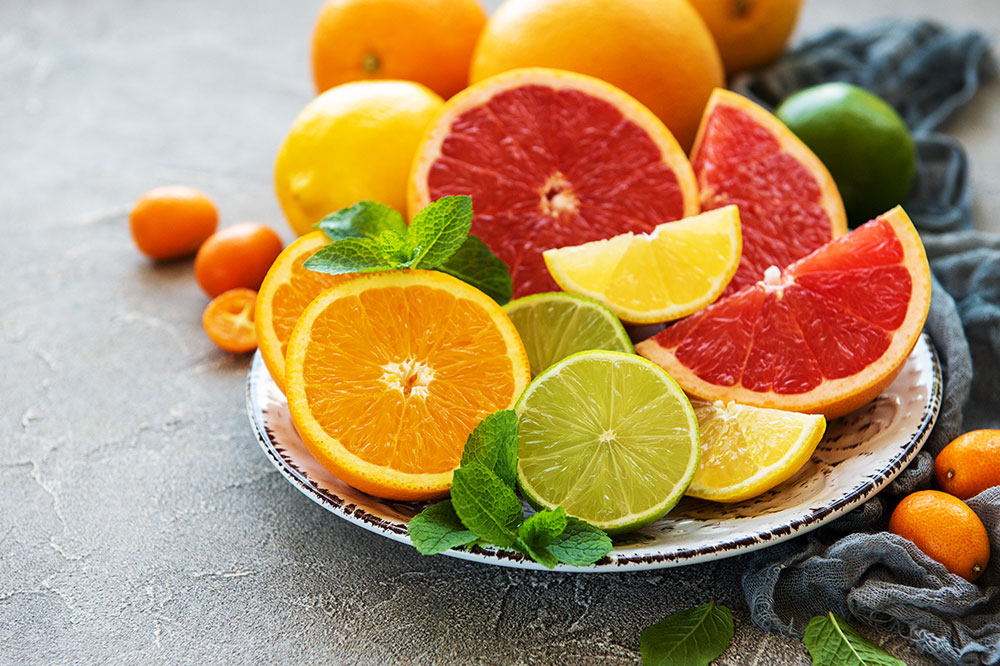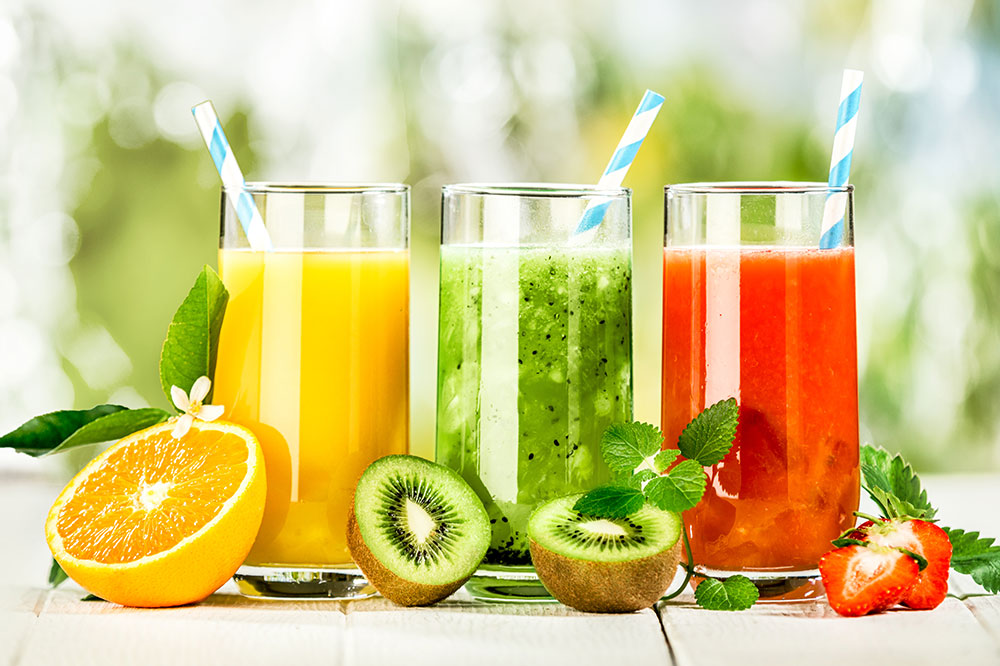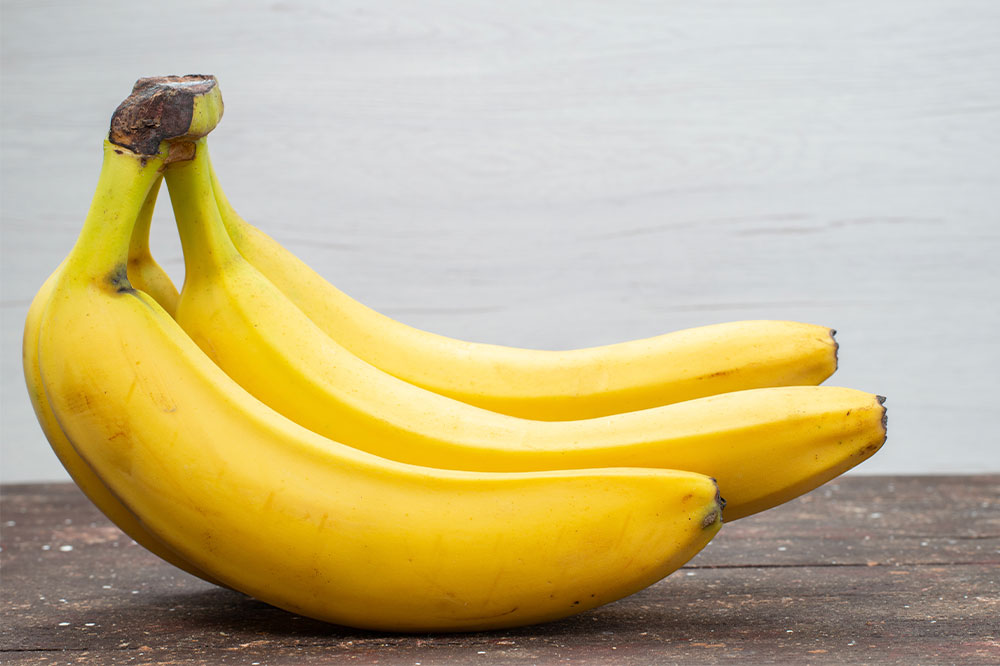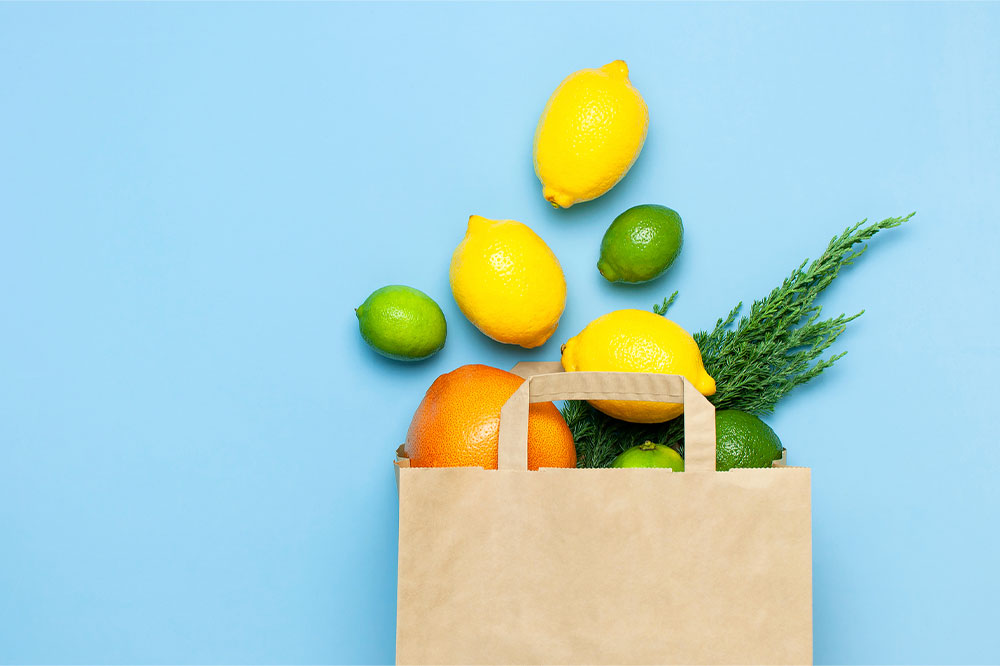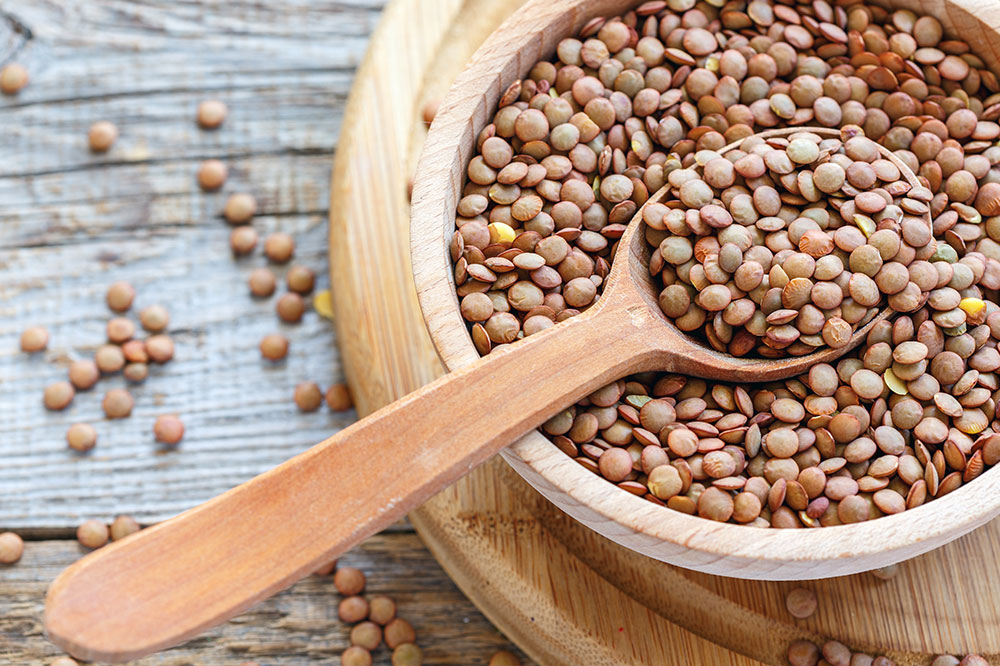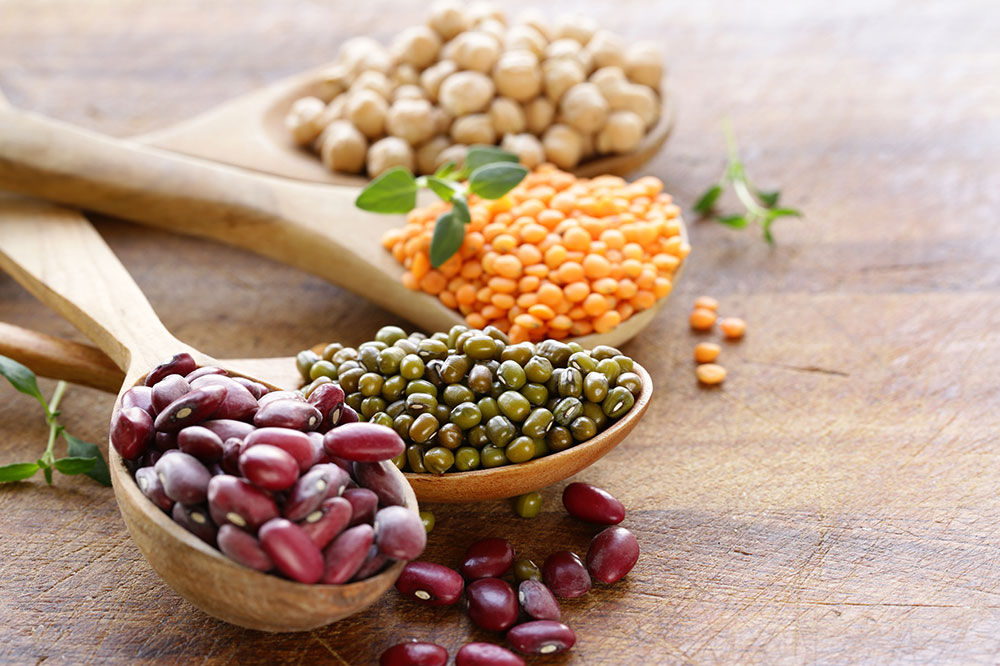Top 4 Foods to Support Bladder Health and Manage Incontinence
Learn about four effective foods that can help improve bladder health and reduce issues like incontinence. This guide provides dietary tips and medication options for better urinary management. Incorporate these foods into your routine to support bladder function and overall well-being, and consult healthcare professionals for personalized advice.
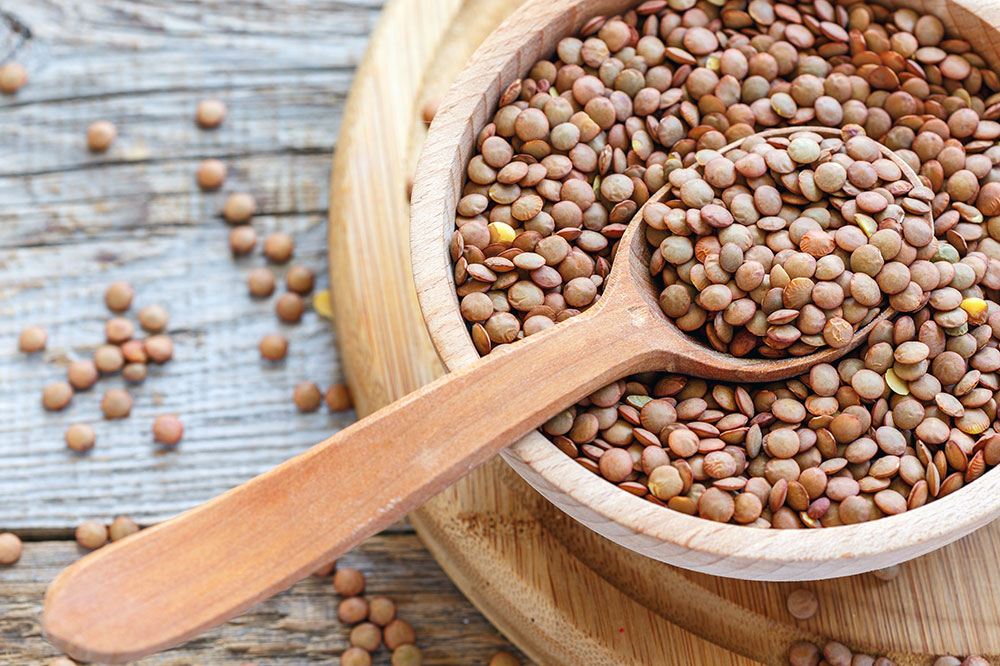
Top 4 Foods to Support Bladder Health and Manage Incontinence
The bladder's role in storing and releasing urine can decline with age and health issues, leading to problems like overactive bladder (OAB) and urinary incontinence. Addressing these concerns through diet, alongside medical treatments, can improve symptoms and overall well-being. Incorporating specific foods into your daily routine may help strengthen bladder function and promote better urinary health. Here, we highlight four essential foods recommended for individuals experiencing bladder control challenges.
Bananas
Bananas are gentle on the bladder because their non-acidic nature means they won't cause irritation. They contain fiber and potassium, which support healthy digestion and aid in flushing out the urinary system. When bowel movements are regular, pressure on the urinary tract decreases, reducing leakage risks.
Pears
Despite their sweetness, pears are low in sugar and rich in antioxidants and fiber. The sorbitol they contain promotes water absorption in the intestines, encouraging smoother bowel movements. These properties make pears beneficial for managing OAB and supporting overall bowel health.
Kiwi
Kiwis pack a high fiber content that stimulates digestion and expedites bowel movements. They are effective in reducing constipation and boosting intestinal transit, which can help alleviate bladder pressure and reduce symptoms of urgency and incontinence.
Beans
Beans are a fiber powerhouse, containing both soluble and insoluble fibers. Soluble fibers absorb water to soften stool, while insoluble fibers increase stool bulk. Together, they facilitate easier bowel movements, which is crucial for bladder health and controlling OAB symptoms.
In addition to these foods, including items like artichokes, figs, sweet potatoes, lentils, kefir, flax seeds, and apples may further enhance bowel and bladder health. If dietary changes are insufficient, medications such as MYRBETRIQ and Vibegron can provide additional relief. Consult your healthcare professional for personalized treatment options.
Endometriosis involving the bladder is rare but can cause symptoms such as irritation, pain during fullness, and occasional blood in urine. Diagnosis may involve ultrasound, cystoscopy, or laparoscopy. Treatments like painkillers and hormonal therapy can manage symptoms. Overactive bladder can also be treated with medications like TOVIAZ, which relaxes bladder muscles to prevent frequent urges and leaks. Always seek professional medical advice for persistent or severe symptoms.

